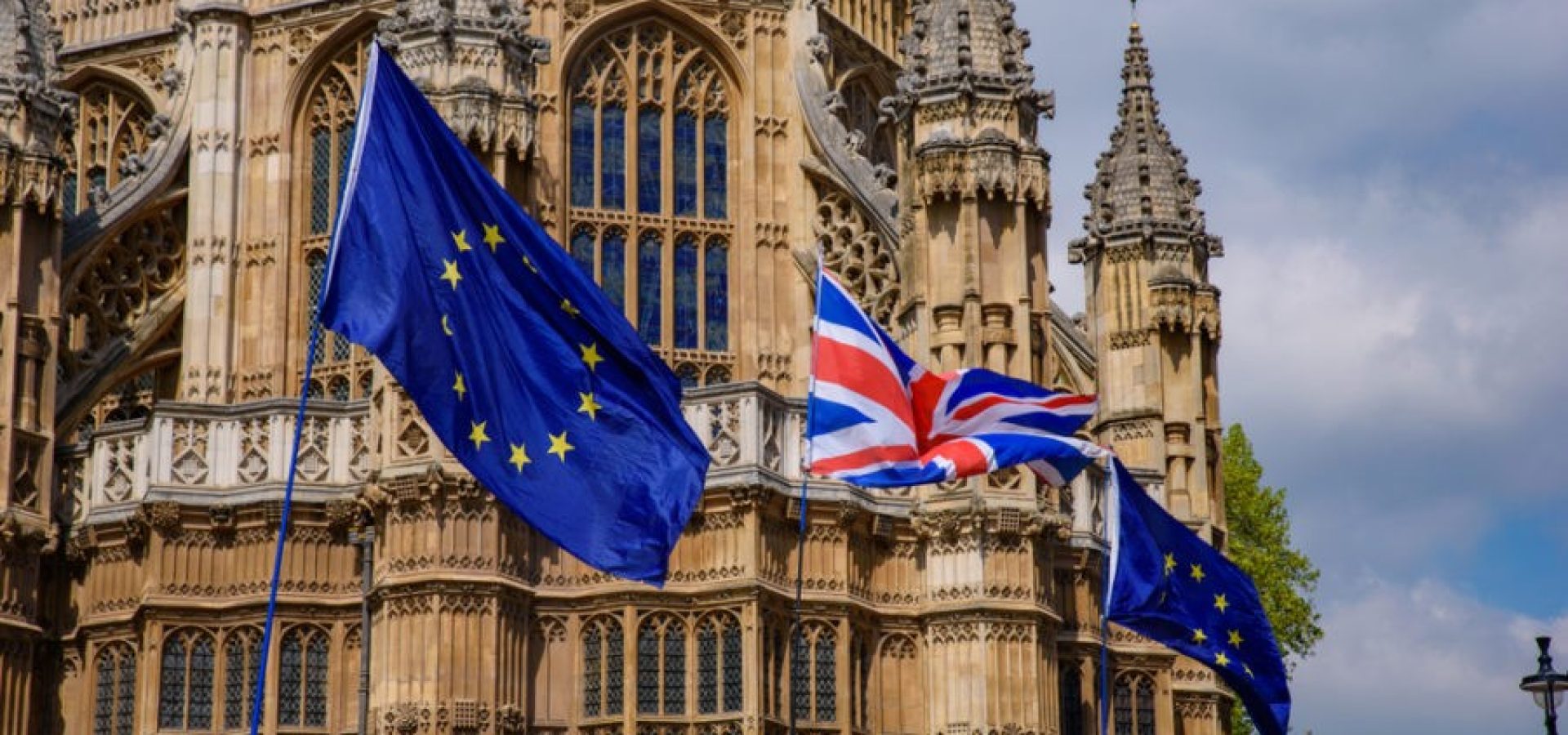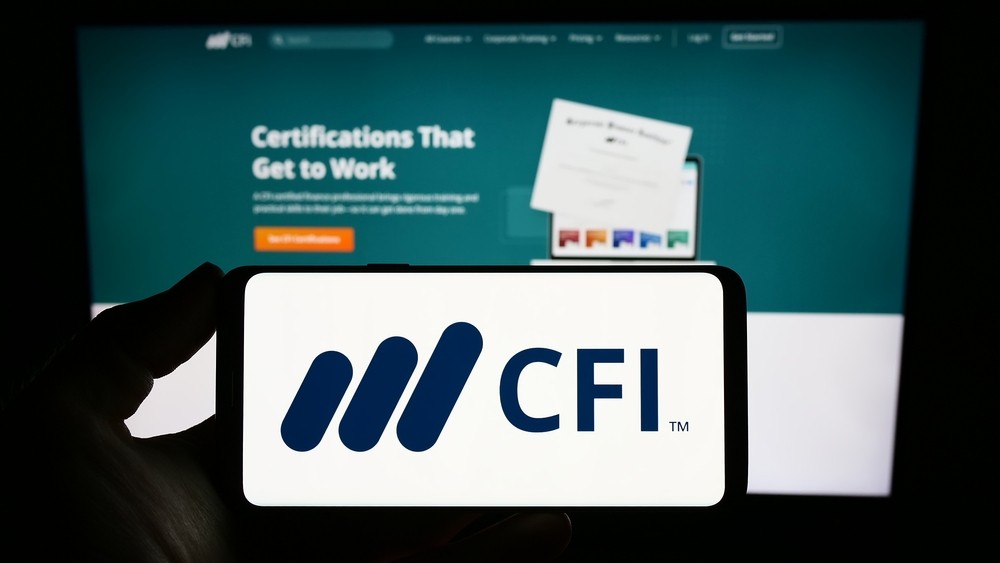Quick Look:
- Annual inflation fell to 2.3% in April 2024 from 3.2% in March 2024, easing price pressures.
- April 2024’s CPI was 0.3%, significantly lower than April 2023’s 1.2%, indicating slower price increases.
- Core CPI declined to 3.9%, and CPIH dropped to 3.0% in April 2024, showing reduced inflation excluding volatile items.
The UK has experienced notable changes in its inflation landscape, reflecting significant economic adjustments. The latest data reveals a substantial decrease in annual inflation, with a marked impact on various sectors.
In April 2024, the annual inflation rate in the UK dropped to 2.3%, a sharp decline from March 2024’s 3.2%. This downward trend indicates a significant easing of price pressures over the year.
The monthly reading for the Consumer Price Index (CPI) in April 2024 was 0.3%. Thereby starkly contrasting the 1.2% recorded in April 2023. This indicates a slower pace of monthly price increases than last year’s period.
March to April 2024: Inflation Rate Declines from 3.2% to 2.3%
The Core CPI, which excludes volatile items such as food and energy, stood at 3.9% in April 2024, down from 4.2% in March 2024. The Consumer Prices Index, including owner occupiers’ housing costs (CPIH), also declined, reaching 3.0% in April 2024 compared to 3.8% in March 2024.
April 2024 CPI at 0.3%, Down from 1.2% in April 2023
The Bank of England has maintained an inflation target of 2%. The recent figures bring inflation closer to this target, potentially influencing future monetary policy decisions. The next inflation announcement is scheduled for 19 June 2024. This update will provide further insights into the ongoing trends and help shape economic expectations.
The Bank of England’s next rate decision is set for 20 June 2024, with the subsequent meeting planned for August 2024. These decisions will be closely watched for potential adjustments in the bank rate, especially given the current inflation trajectory.
Expert Commentary:
Grant Fitzner highlighted the significant drop in annual inflation, largely attributed to lower electricity and gas prices following a reduction in the Ofgem energy price cap. The energy price cap fell from £1,690 in April 2024 to an expected £1,580 in July 2024. Additional factors include stable tobacco prices due to no new duty charges in the Budget, decreased food price inflation, and a slight increase in petrol prices.
Lindsay James, Investment Strategist at Quilter Investors
Lindsay James noted the symbolic significance of the inflation rate starting with a ‘two’, marking a notable shift from the post-pandemic highs. She pointed out that this trend positions the UK for a potential rate cut this summer, the first in over four years, contingent on the sustained lower inflation figures.
Alice Haine, Personal Finance Analyst at Bestinvest
Alice Haine expressed relief for households as the inflation rate fell to 2.3% over the past 12 months, easing the cost of living crisis. She emphasised the anticipation surrounding the next Bank of England rate decision, which could bring further relief through a potential rate cut, although the exact timing remains uncertain.
Neil Birrell, Chief Investment Officer at Premier Miton Investors
Neil Birrell provided a cautious perspective, noting that while UK inflation is declining, it remains more resilient than anticipated. This slower progress towards the Bank of England’s target could delay the expected interest rate cut.









COMMENTS